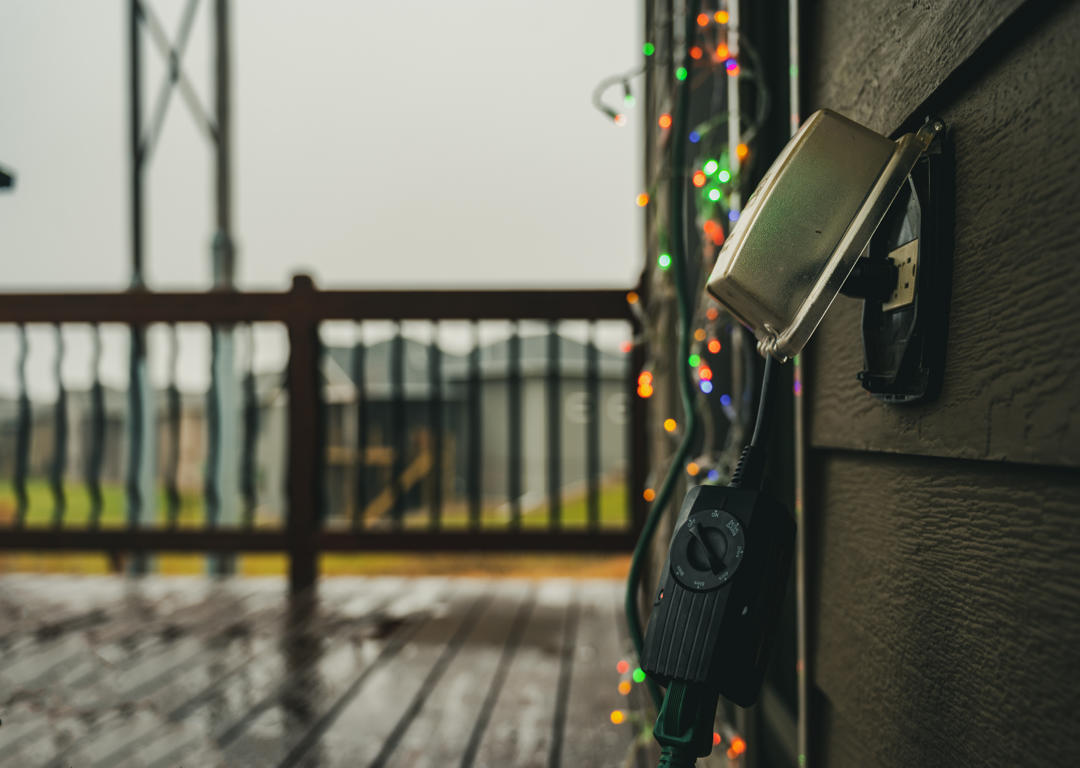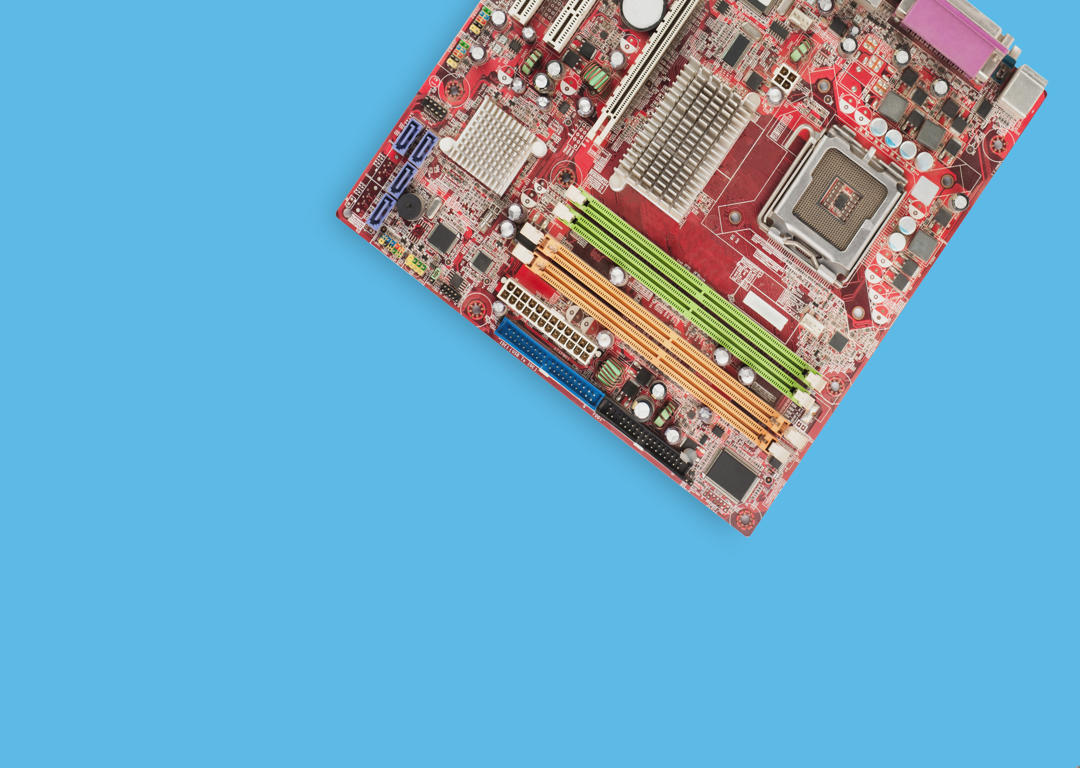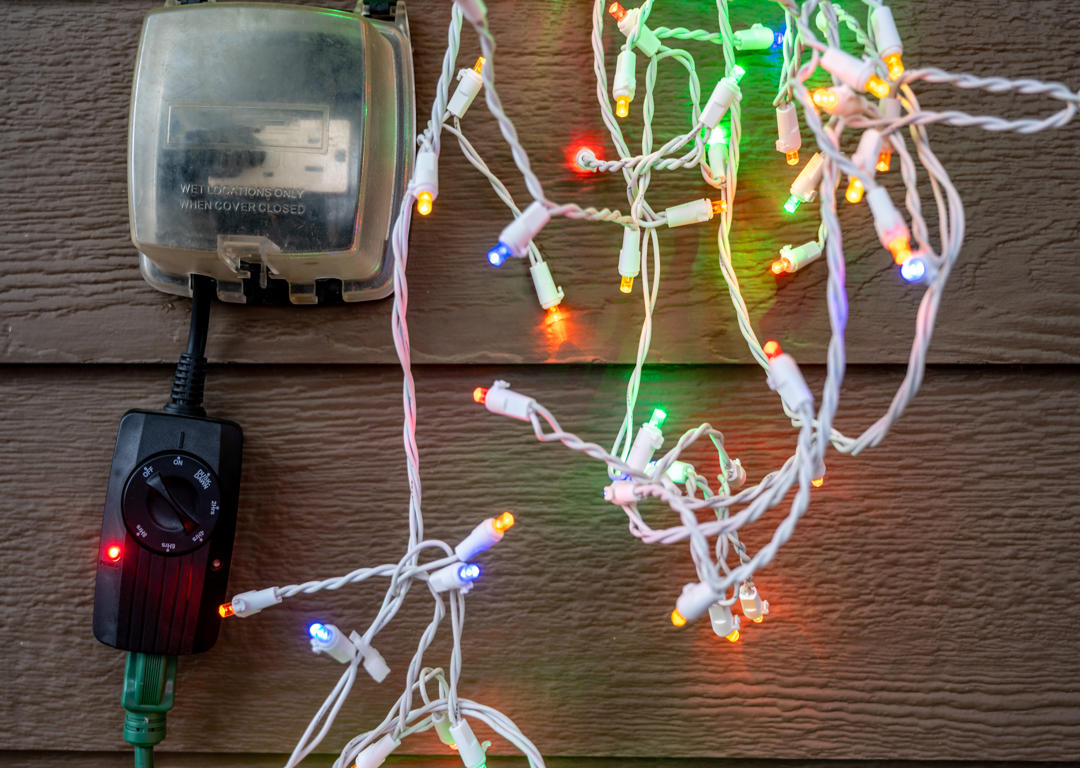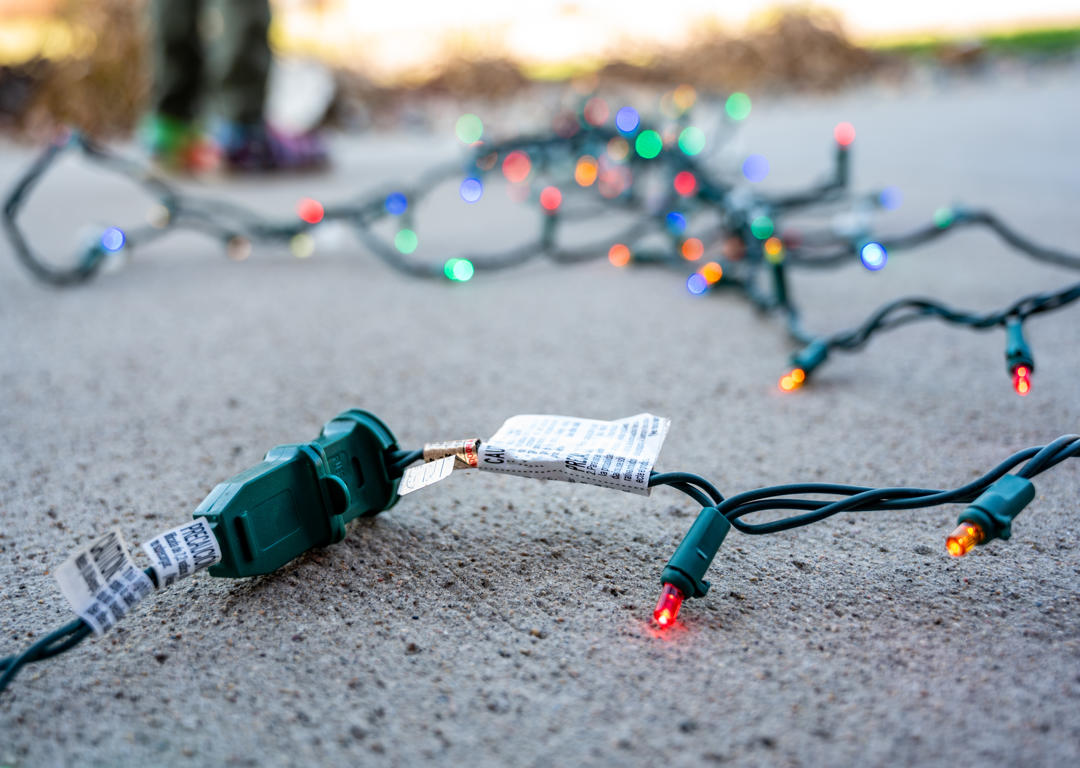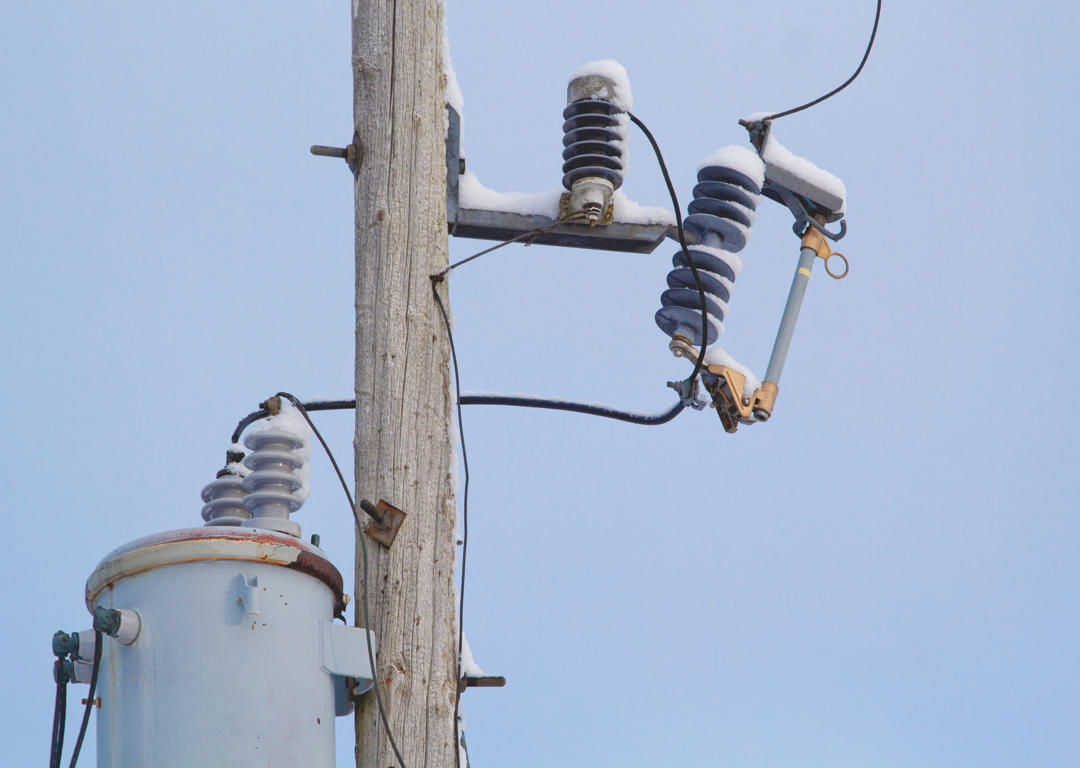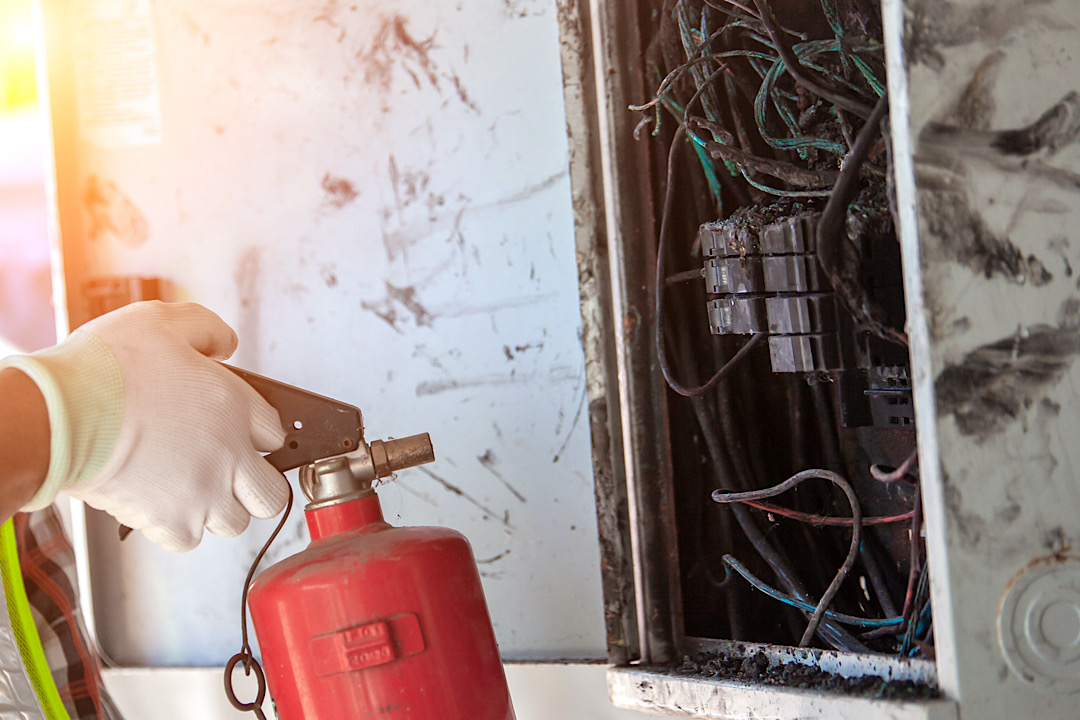
Summer is a time for outdoor fun, family gatherings, and enjoying the warm weather. However, it’s also a season when electrical hazards can pose significant risks. As temperatures rise, the demand for electrical systems increases, leading to potential safety issues. At Genesis Electric, we prioritize your safety and want to ensure you have a safe and enjoyable summer. Here are some essential electrical safety tips to help you stay safe during the summer months.
Understanding the Risks
The summer season brings unique electrical safety challenges due to increased outdoor activities and higher electricity usage. Understanding these risks is the first step towards preventing accidents.
Increased Electrical Usage
Summer often means more air conditioning, fans, and other cooling devices. This increased demand can overload electrical circuits, leading to potential hazards such as overheating, electrical fires, and power outages. According to the National Fire Protection Association (NFPA), electrical distribution and lighting equipment were involved in more than 44,880 home structure fires in the United States in 2019 alone.
Outdoor Electrical Hazards
Outdoor activities such as swimming, gardening, and barbecuing also introduce new risks. Extension cords, electric grills, and pool equipment must be used properly to avoid accidents. The Consumer Product Safety Commission (CPSC) reports that each year, approximately 400 electrocutions occur in the U.S., with many incidents linked to improper use of electrical appliances and equipment.
Tips for Indoor Electrical Safety
During the summer, it’s crucial to ensure that your indoor electrical systems are safe and capable of handling increased usage.
Avoid Overloading Circuits
One of the most common causes of electrical fires is overloaded circuits. With air conditioners and fans running continuously, the load on your electrical system can increase significantly. Use multiple outlets to spread out the use of electrical devices across rather than relying on a single one. Installing surge protectors can prevent damage to your appliances from sudden voltage spikes. If your home is older, consider upgrading your electrical panel to handle increased demand.
Regular Inspection and Maintenance
Routine inspection and maintenance of your electrical system can prevent potential hazards. Check for damaged cords, as frayed or damaged cords can cause electrical shocks or fires. Replace any damaged cords immediately. Inspect outlets, as loose or warm outlets can indicate a problem. Have a licensed electrician inspect and repair any issues. Test smoke detectors to ensure all smoke detectors are functioning correctly, and replace batteries if necessary.
Tips for Outdoor Electrical Safety
Outdoor electrical safety is just as important as indoor safety. Here are some key tips to keep you safe while enjoying outdoor activities.
Safe Use of Extension Cords
Extension cords are often used outdoors to power tools and appliances. To use them safely, choose the right cord and use extension cords rated for outdoor use and capable of handling the required load. Keep extension cords away from water sources, including pools and sprinklers. Check for any damage to the cord before each use. Do not use a damaged extension cord.
Pool and Hot Tub Safety
Pools and hot tubs pose unique electrical hazards. Follow these tips to ensure safety. Install ground fault circuit interrupters (GFCIs), which can prevent electrocution by shutting off the power when an electrical fault is detected. Ensure all electrical appliances, such as radios and pool lights, are kept at a safe distance from the water. Have a professional inspect pool and hot tub wiring annually to ensure it meets safety standards.
Emergency Preparedness
Despite all precautions, electrical emergencies can still occur. Being prepared can make all the difference.
Creating an Emergency Plan
Every household should have an emergency plan in place. This plan should include emergency contacts and keep a list of emergency contact numbers, including local electricians and emergency services. Basic first aid knowledge can be crucial in case of an electrical injury. Know the quickest and safest routes to exit your home in case of a fire.
Using Backup Power Safely
Power outages are common during summer storms. Backup power sources like generators can be lifesavers, but they must be used safely. Have a licensed electrician install your generator to ensure it is connected safely and correctly. Operate generators in well-ventilated areas to avoid carbon monoxide poisoning. Regularly maintain your generator to ensure it is in good working condition when needed.
Professional Electrical Services
While some electrical maintenance tasks can be performed by homeowners, many require the expertise of a licensed electrician.
When to Call a Professional
Certain signs indicate it’s time to call in a professional. Frequent tripping of circuit breakers could indicate a serious issue with your electrical system. Burning smells or sparks are clear signs of an electrical problem that needs immediate attention. If your lights flicker frequently, it could indicate a wiring problem.
Choosing the Right Electrician
Selecting a qualified electrician is crucial for ensuring safety and quality work. Ensure the electrician is licensed and insured. Look for reviews and testimonials from previous clients to gauge the electrician’s reliability and quality of work. Obtain quotes from several electricians to ensure you’re getting a fair price.
Summer is a time for fun and relaxation, but it’s also a season when electrical safety must be a top priority. By understanding the risks and following these essential tips, you can ensure a safe and enjoyable summer. Remember, when in doubt, always consult a professional electrician to address any electrical concerns.

